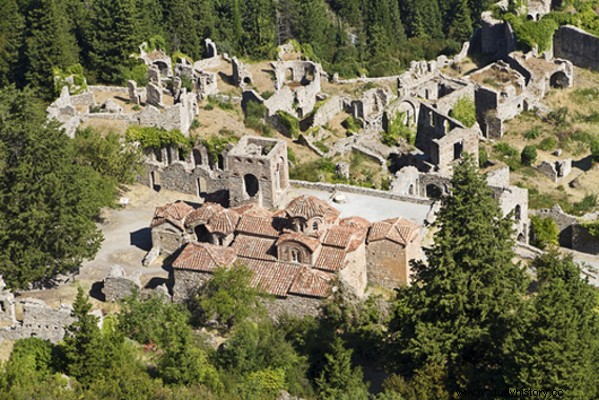
By Me. Cláudio Fernandes
Unlike Athens, which was characterized by a political structure largely open to discussion and deliberation – among free men and able to participate in life in the polis –, Sparta it had a political structure completely associated with the rigid military formation of its members. It was from this rigidity and the consequent lack of deliberation in political matters that the expression laconismo. was born.
In Athens, the discussion in the Agora (square) between free citizens and the reflection on the exercise of life in the polis (Greek city-state) – which became known by the word politics –, required a heightened and sophisticated use of rhetorical. But not rhetoric understood in the current pejorative sense, of deception, but understood in the original sense:an art (a technique) of the well speak, that was used to reach a consensus on some problem. The philosopher Aristotle , who lived in Athens, wrote one of the most important treatises on politics, but also an equally important one on the functions of rhetoric among the Athenians.
Sparta, in turn, conceived its political structure as an expression of its warrior formation, rigid and practically inflexible. The foundation of its legislation goes back to the mythical king Lycurgus, who would have established the laws of the city and presented them to the councils of elders, who followed and applied them. The rigidity of the laws and the disciplinary behavior, coming from the military education that was in force since childhood, made the Spartans little used to political discussion and deliberation on topics that generated controversy and clashes.
In this way, among Spartan society, there was no need to improve the art of rhetoric and its techniques of persuasion and persuasion. The Spartans, for this reason, became known as a "short vocabulary" or "reduced vocabulary" people. How it was from the Laconia region , the term laconic came to designate this type of behavior that is not used to conversation and discussion.
The brevity of arguments and political inflexibility became one of the most impressive aspects of Spartan society.
